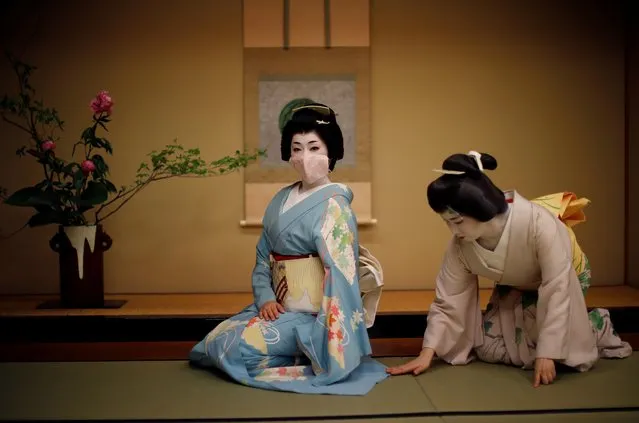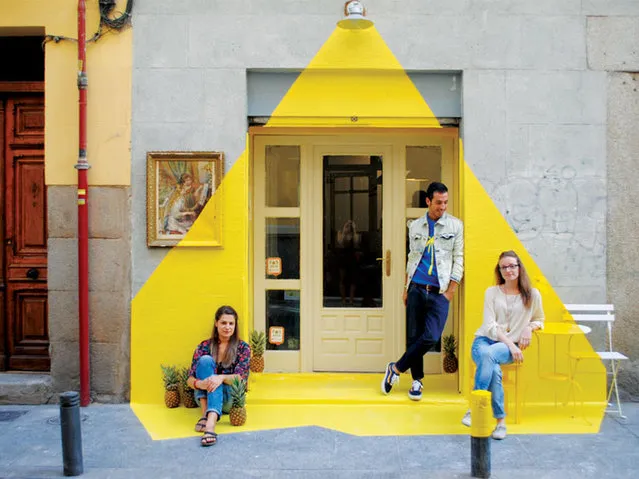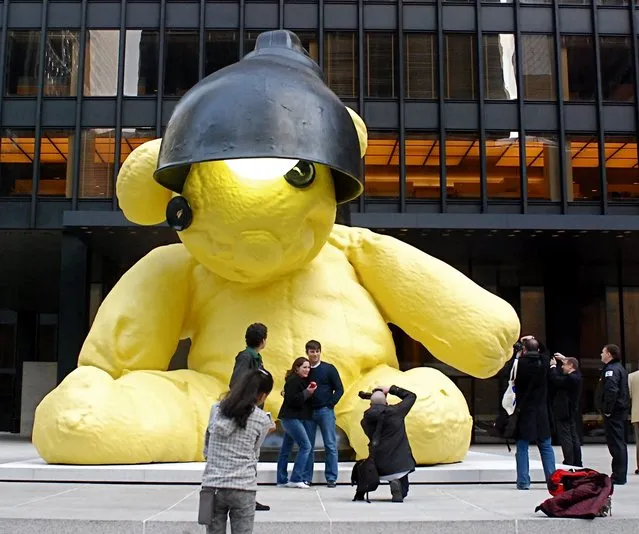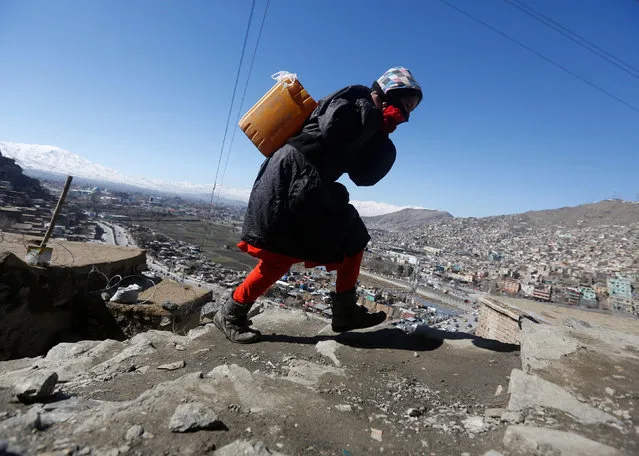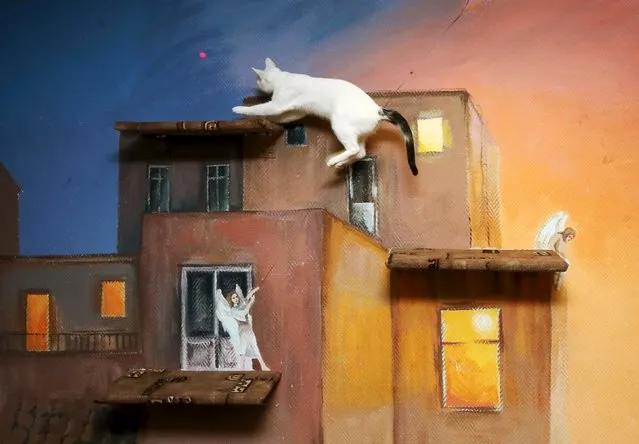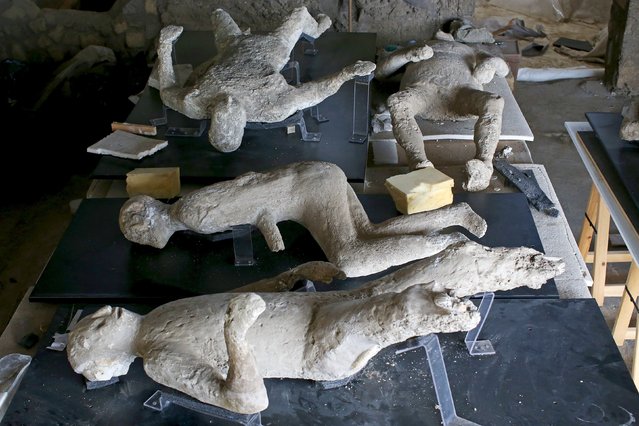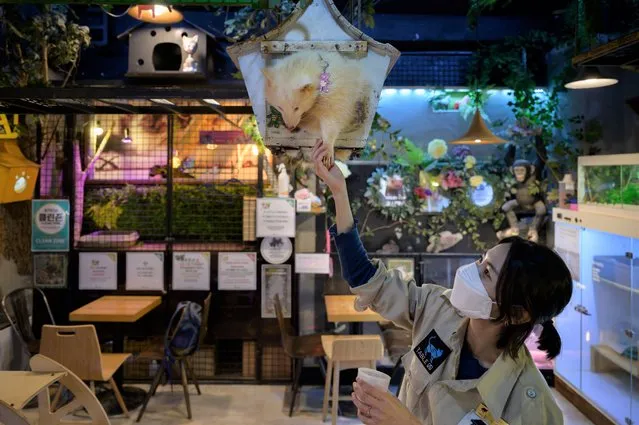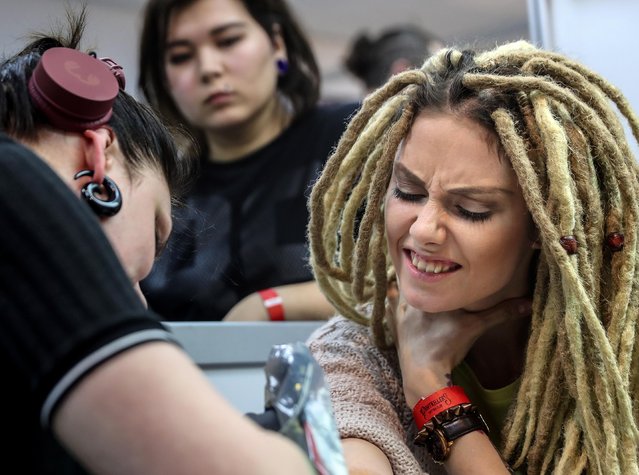
A tattoo artist applying ink on a girl' s arm during the 2017 Moscow Tattoo Festival at Moscow' s Amber Plaza Shopping Center in Moscow, Russia on April 1, 2017. Tattoo artists from all over the world take part in the event. The festival' s program includes a tattoo contest, body taping art marathon, masterclasses, round table discussions and conferences. (Photo by Valery Sharifulin/TASS)
02 Apr 2017 10:16:00,post received
0 comments

